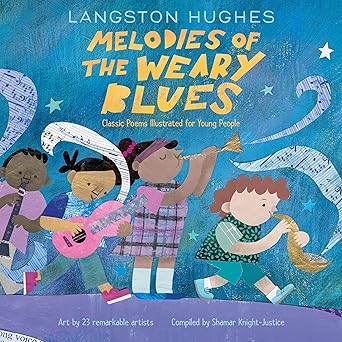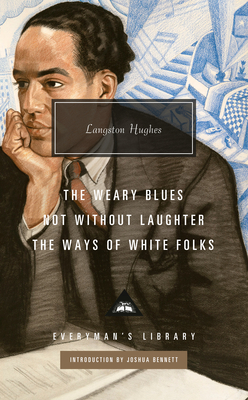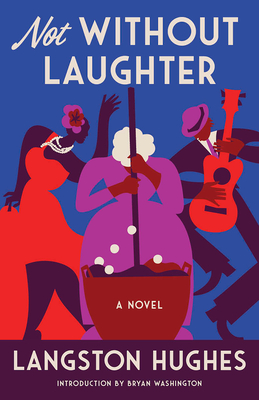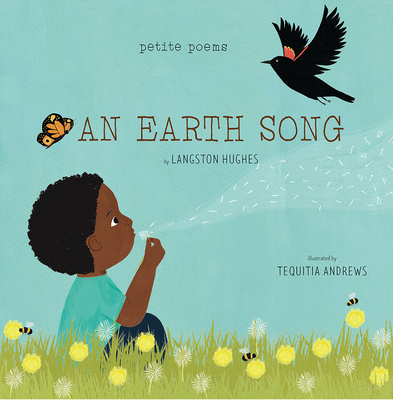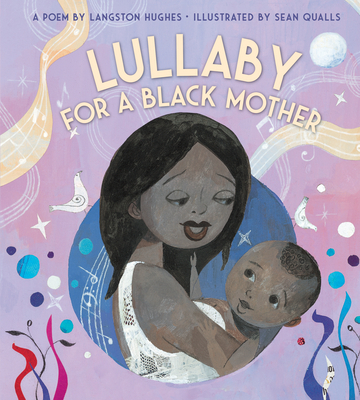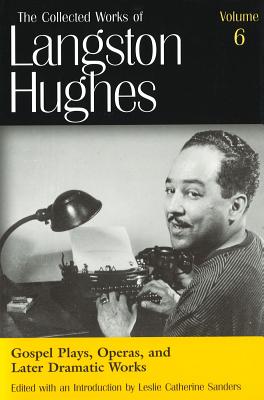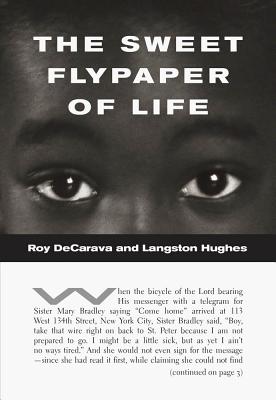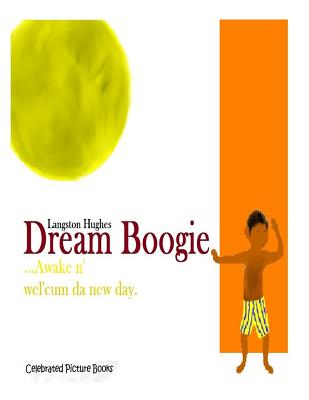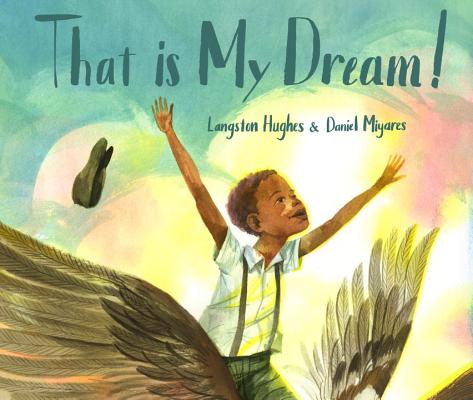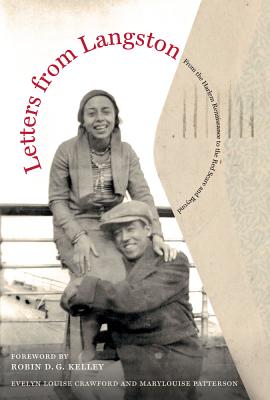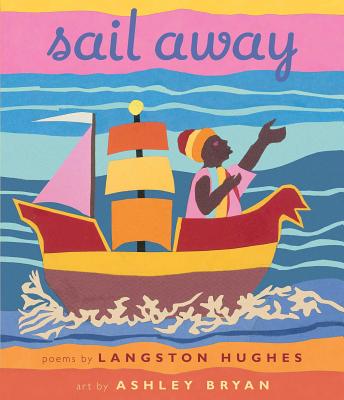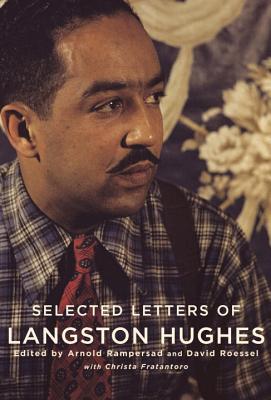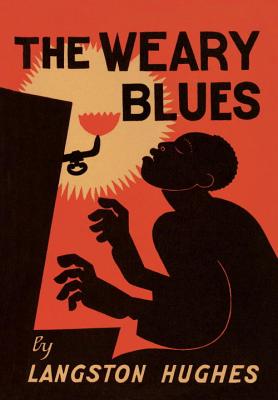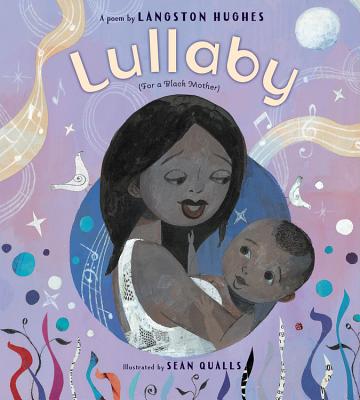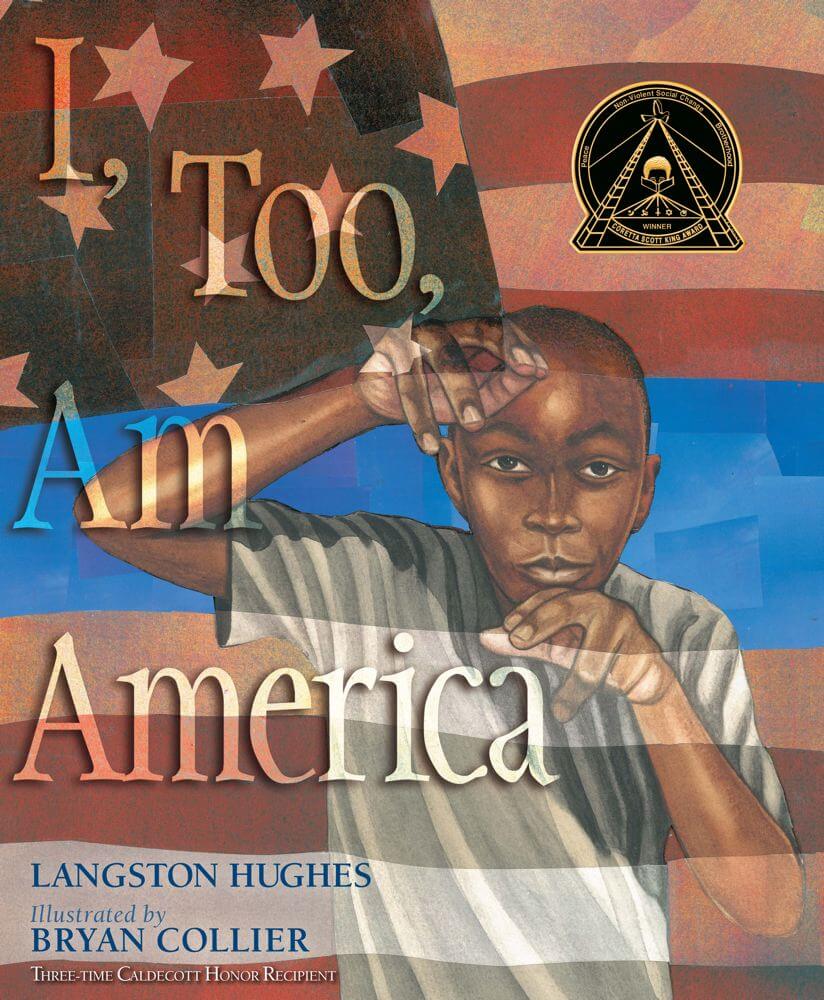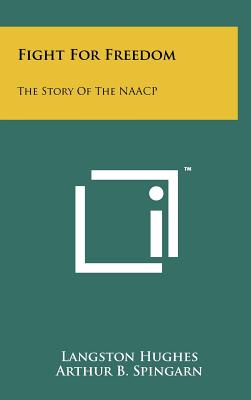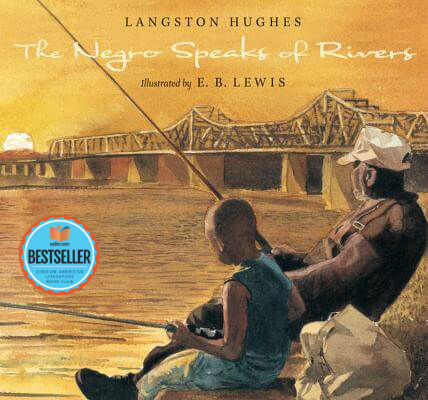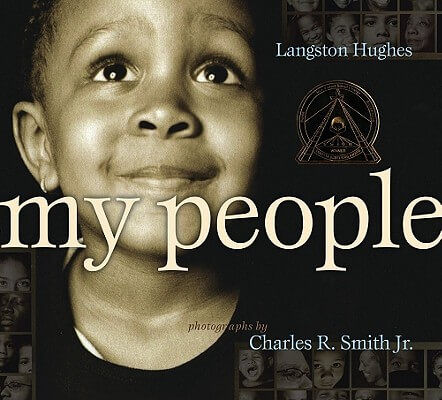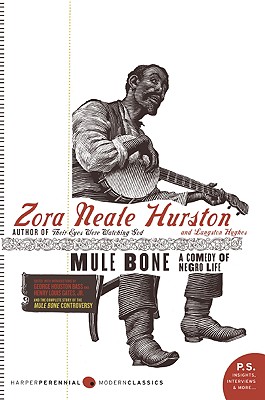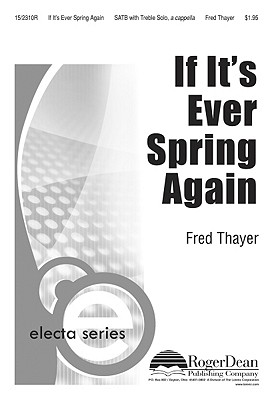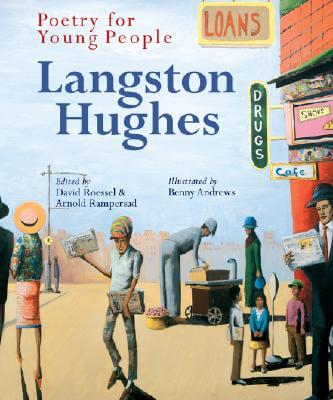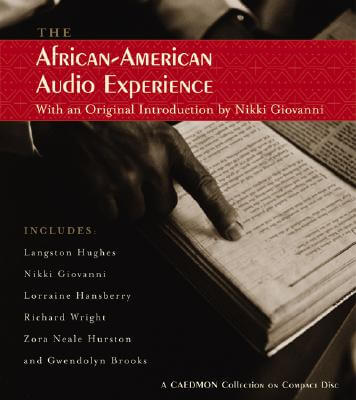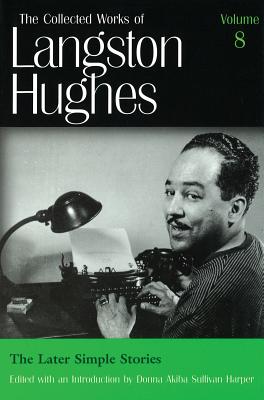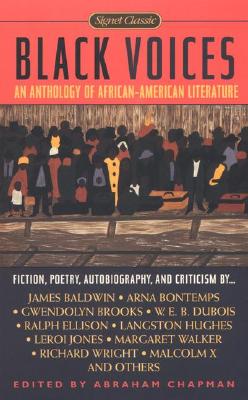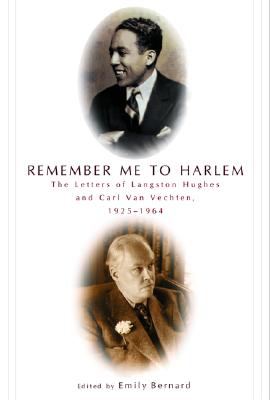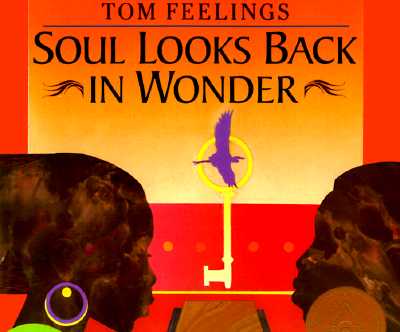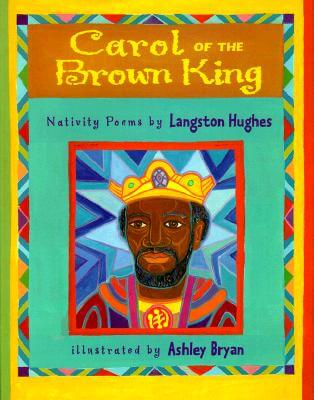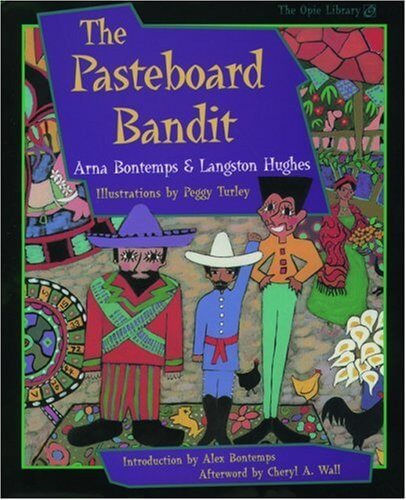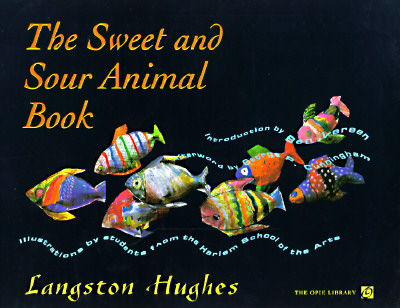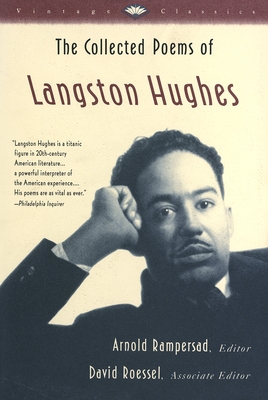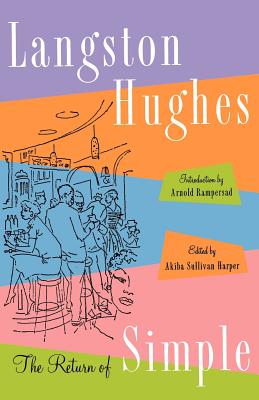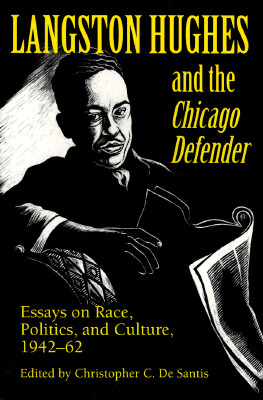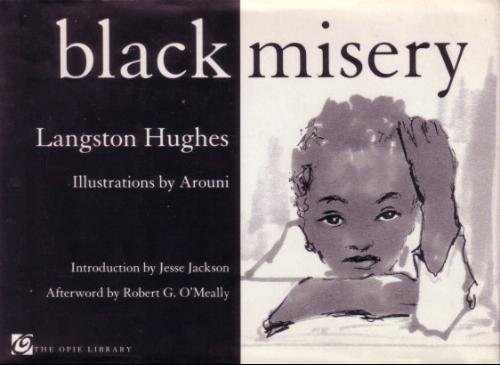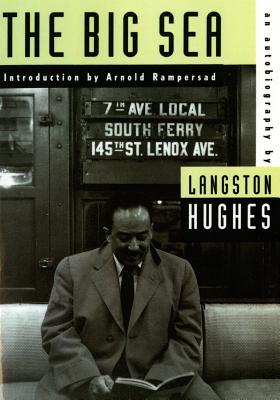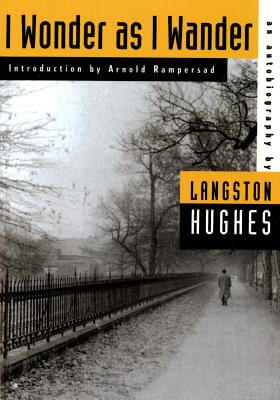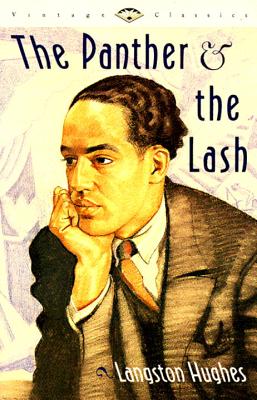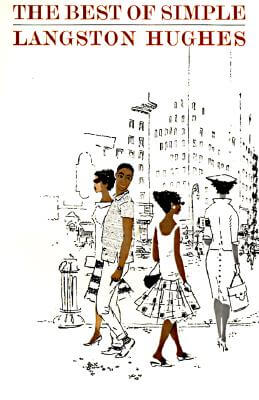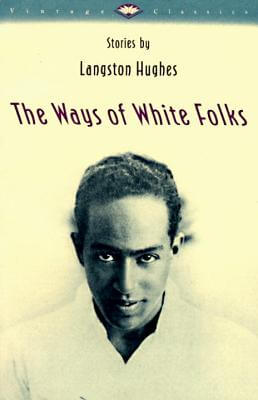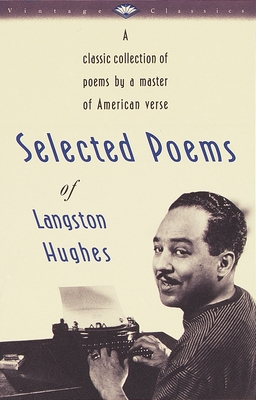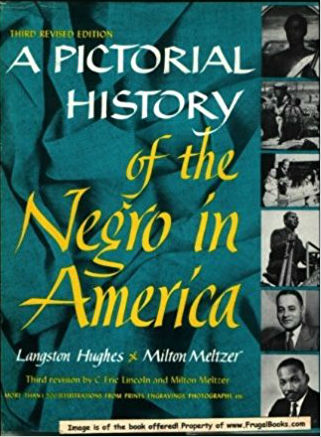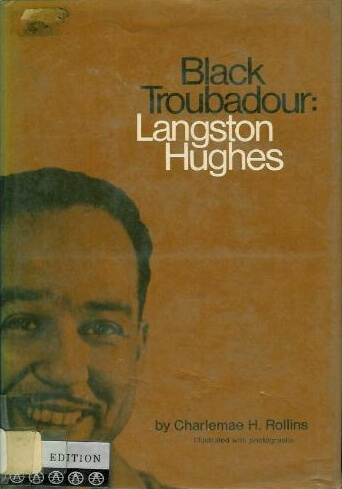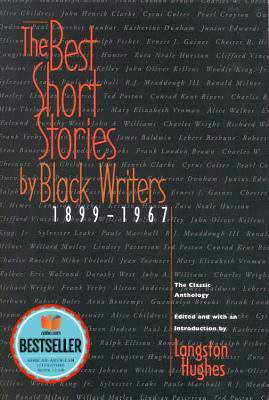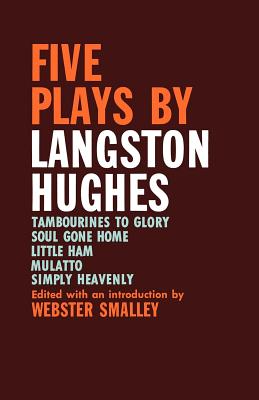Langston Hughes
Langston Hughes is a Top 100 AALBC.com Bestselling Author Making Our List 15 Times
Langston Hughes was Voted the #6 Favorite Author of the 20th Century
Biography of Langston Hughes
James Mercer Langston Hughes
The Poet Laureate of Harlem: Poet, Essayist, Novelist, Playwright, Journalist and Lyricist
(February 1, 1902 - May 22, 1967)
We younger negro artist who create now intend to express our individual dark-skinned selves without fear or shame. If white people are pleased, we are glad. If they are not, it doesn’t matter. We know that we are beautiful. And ugly too.”
Langston Hughes was born on February 1, 1902 (some sources cite 1901), in Joplin, Missouri. Descendant of enslaved African American great-grandmothers and white great-grandfathers who were slave owners and traders. He was named James Mercer Langston Hughes by parents Caroline and James Nathaniel Hughes. Hughes parents separated shortly after his birth and filed for divorce. Throughout Hughes early life his family traveled and lived in many midwestern towns, but he was primarily raised in Lawrence Kansas. After his parents divorced, his mother had to travel to find employment, so Hughes was raised by his grandmother Mary Patterson Langston. Unfortunately, his father was not around to raise him, but his grandmother made sure to instill the importance of the black pride movement into her grandson. She taught him to love his people of color. Throughout Hughes’ life, he would take all that he was taught and show love for his people through his work. Shortly after her death, Hughes moved to Cleveland, Ohio with his mother who had also remarried.
Hughes developed a passion for books and the worlds within them. He attended Central High School, where his peers and teachers recognized his talent in writing and was nominated to write for the school newspaper. He wrote short stories, poetry, and dramatic plays. When Hughes graduated from high school, he decided to visit his father, hoping that he would pay for him to attend Columbia University and mend their relationship, but their relationship was not restored. Hughes father wanted him to become an Engineer, but he wanted to be a writer. He finished his college education at Lincoln University in Pennsylvania in 1929.
Hughes attended Columbia University for one year. During his time at Columbia University, Hughes grow found of Harlem, the people, and the culture; he knew this was where he belonged. Hughes would work many jobs, but his love for writing would always be at the forefront of everything else. In 1923 he served as a crewman on the S.S. Malone and traveled to Europe to West Africa and the Soviet Union. He traveled widely until finally returning home to Harlem, where he would live for the rest of his life. Hughes would become one of the best known and most versatile writers of the artistic movement known as the Harlem Renaissance.
Hughes works portrayed the life of the black community, and the prejudice faced daily. He also wrote about the joys, laughter, and music. Hughes published a copious amount writing including poetry, plays, novels, children’s books, and newspaper columns. His poetry collections includes his first book of poems, The Weary Blues (1926). His first novel, Not Without Laughter, (Knopf, 1930) won the Harmon gold medal for literature. His poem “I, Too, Am America” (1926) was published as a children’s book of the same name (2012). The AALBC bestselling book, was also printed on a full page of the New York Times in response to the riots of the previous day in Charlotte, North Carolina on September 22, 2016.
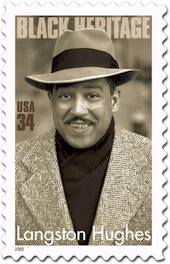
Official U.S. Stamp Issued January 2002 to Commemorate Hughes’ 100th Birthday
Additional work published by Hughes includes; the children’s book, Black Misery (1969); Fine Clothes to the Jew (1927); The Ways of White Folks (1934); and Famous American Negroes (1954). Hughes also wrote a two-part autobiography, The Big Sea (1940) and I Wonder as I Wander (1956). His short story Mulatto (1935) premiered on Broadway in 1950, many other plays followed.
Hughes received many honors and awards. In 1926 he won the Witter Bynner Undergraduate Poetry Prize. He was awarded a Guggenheim Fellowship which allowed him to travel to Spain and Russia. He was also awarded an honorary Litt.D. from both Lincoln University in 1943 and Western Reserve University in 1964. Howard University also awarded Hughes a Doctorate in 1963.
On May 22, 1967, Langston Hughes died in New York at the age of 65 due to complications from prostate cancer. In memory of Hughes life, the first Langston Hughes Medal was awarded to the City College of New York in 1973. The United States Postal Service added his image, to the Black Heritage series of postage stamps in 2002. In 2012 Hughes was inducted into the Chicago Literary Hall of fame. Hughes home at 201 East 127th street in New York City was given landmark status in 1981. Hughes work was translated into many languages allowing his work to be read internationally.
—Biograhical information provided with substaintial contributions from Delia Mercado, AALBC Intern.
Are you the author profiled here? Email us your official website or Let us host your primary web presence.


